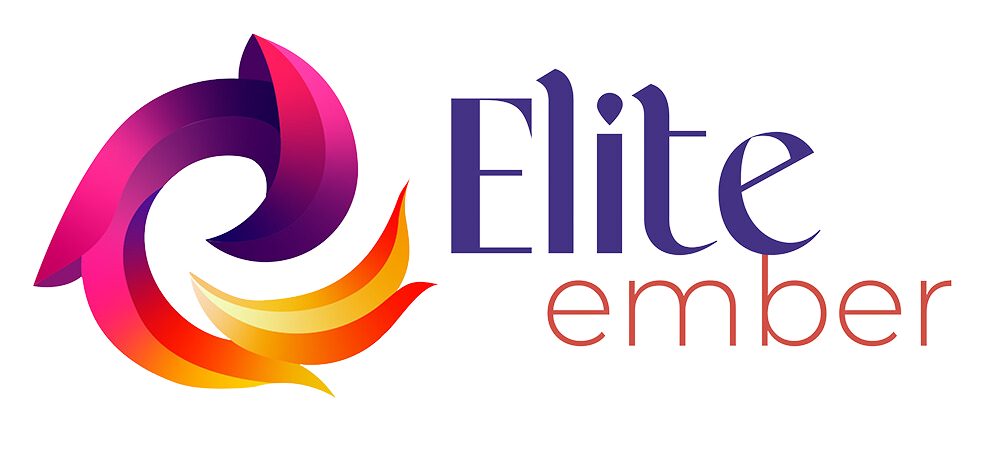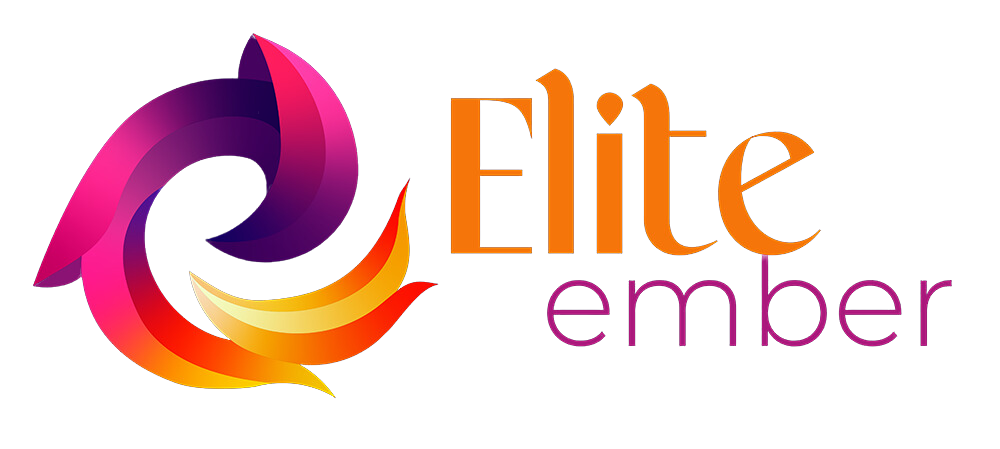Choosing the Right Programming Language for AI: Python, Java, C++, or Julia?

If you’re building a self-driving car. You need lightning-fast processing for real-time decisions. Or maybe you’re designing a chatbot that needs to understand slang and emojis. The programming language you choose could make or break your project. With 90% of AI professionals agreeing that language choice is critical, let’s break down the top contenders for AI development in 2025—and why Python isn’t the only player in the game.
1. Python: The Swiss Army Knife of AI
Python dominates AI development, and for good reason. Its simplicity lets beginners write functional code quickly, while its vast ecosystem powers everything from Netflix’s recommendation engine to Tesla’s Autopilot.
Why Python?
- Beginner-Friendly: Clean syntax means you can focus on ideas, not semicolons.
- Libraries Galore:
- TensorFlow/PyTorch: Build neural networks for image recognition (DataCamp).
- OpenCV: Teach robots to “see” and navigate environments (HubSpot).
- Hugging Face: Train chatbots to understand sarcasm or translate Klingon (Crest Infotech).
But… Python’s slower for heavy tasks. Think twice if you’re training massive models or processing real-time sensor data.
Job Market: Python skills are in 73% of AI job postings. From startups to Google, everyone’s hiring.
2. Java: The Enterprise Powerhouse
Java shines in large-scale systems where security and stability matter. Banks use it for fraud detection, while companies like Uber rely on it for backend AI logistics.
Why Java?
- Fort Knox Security: Built-in features protect sensitive data—perfect for healthcare or finance (Upwork).
- AI Libraries:
- Weka: Analyze customer behavior patterns (GeeksforGeeks).
- Deeplearning4j: Deploy neural networks on Android apps (Oracle).
But… Java’s verbose. Writing “public static void main” for a simple script feels like using a sledgehammer to crack a nut.
Job Market: 315+ Java AI roles are open, especially in fintech and enterprise software.
3. C++: Speed Demon for Heavy Lifting
When every millisecond counts—like in autonomous drones or stock trading algorithms—C++ is king. It’s the language behind OpenAI’s GPT-4 and NASA’s Mars rovers.
Why C++?
- Blazing Speed: Compiled code runs up to 100x faster than Python (Reddit).
- Libraries for Pros:
- Caffe: Process 10,000 images/sec for real-time object detection (Restack).
- OpenVINO: Optimize AI models for Intel chips (Conan Blog).
But… Steep learning curve. Memory leaks? Segmentation faults? Newbies beware.
Job Market: High-paying roles in robotics, gaming, and quant finance.
4. Julia: The Dark Horse
Julia combines Python’s ease with C++’s speed. Hedge funds use it to predict market crashes, while biologists simulate protein folding in minutes, not days.
Why Julia?
- Speed + Simplicity: Write math-heavy code that runs at C-level speeds (AmorServ).
- Cool Libraries:
- Flux.jl: Build GPU-accelerated models (JuliaHub).
- Genie: Create AI-powered web apps without switching languages (Genie Framework).
But… Small community. Finding help at 2 AM? Good luck.
Job Market: Niche but growing. JuliaCon lists roles in finance and scientific research.
Honorable Mentions
- JavaScript: Add real-time AI to websites with TensorFlow.js. Think interactive chatbots or AR filters.
- R: Crunch stats for epidemiology or risk modeling. Tidyverse makes data wrangling a breeze.
Community & Job Trends
| Language | Community Size | Hot Industries | Avg Salary (USD) |
|---|---|---|---|
| Python | 🌟🌟🌟🌟🌟 | Tech, Healthcare, E-commerce | $120k–$180k |
| Java | 🌟🌟🌟🌟 | Banking, IoT, Enterprise | $110k–$160k |
| C++ | 🌟🌟🌟🌟 | Gaming, Robotics, Aerospace | $130k–$200k |
| Julia | 🌟🌟 | Finance, Academia, Biotech | $140k–$220k |
Sources: ZipRecruiter, Built In, Julia Discourse
Which Should YOU Learn?
- New to coding? Start with Python. Its gentle learning curve and job opportunities make it ideal.
- Building a startup MVP? Python or JavaScript for quick wins.
- Working on embedded systems? C++ is non-negotiable.
- Researching quantum computing? Julia’s your best bet.
As Simform notes, “The ‘best’ language depends on your project’s heartbeat—speed, scale, or simplicity.”


